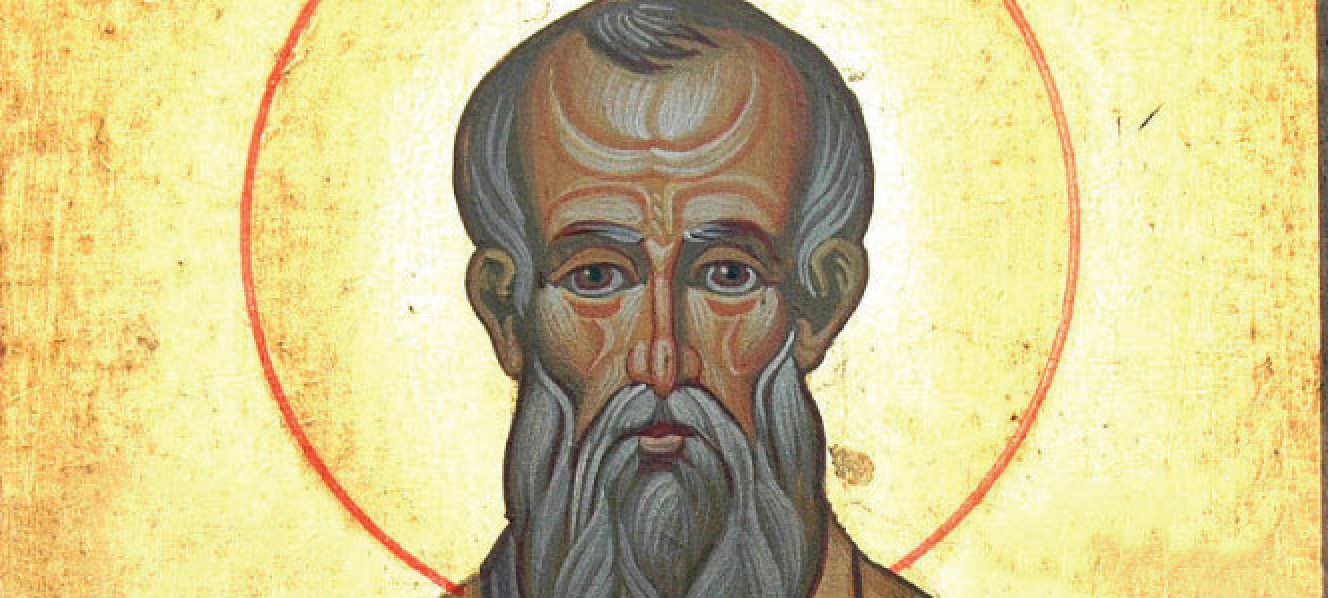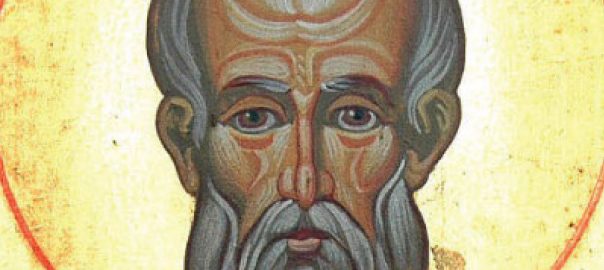
For Athanasius, the divinity of Christ was crucial for the salvation of humanity. By receiving a human body, Christ, the eternal Word of God, bestowed the gift of his divinity upon our humanity, says Athanasius. The solidarity of humanity means that Christ, by becoming a human being, has united himself to all human beings. By so doing he has taken upon himself our death, that we may share in his life. That all through Christ participate in his divinity as a result of the incarnation means, that all will receive his life and immortality. In his work on the incarnation of Christ, Athanasius wrote:
“The Word perceived that corruption could not be got rid of otherwise than through death; yet He Himself, as the Word, being immortal and the Father’s Son, was such as could not die. For this reason, therefore, He assumed a body capable of death, in order that it, through belonging to the Word Who is above all, might become in dying a sufficient exchange for all, and, itself remaining incorruptible through His indwelling, might thereafter put an end to corruption for all others as well, by the grace of the resurrection. It was by surrendering to death the body which He had taken, as an offering and sacrifice free from every stain, that He forthwith abolished death for His human brethren by the offering of the equivalent. For naturally, since the Word of God was above all, when He offered His own temple and bodily instrument as a substitute for the life of all, He fulfilled in death all that was required. Naturally also, through this union of the immortal Son of God with our human nature, all men were clothed with incorruption in the promise of the resurrection. For the solidarity of mankind is such that, by virtue of the Word’s indwelling in a single human body, the corruption which goes with death has lost its power over all.” (Athanasius of Alexandria, On the Incarnation 35).
